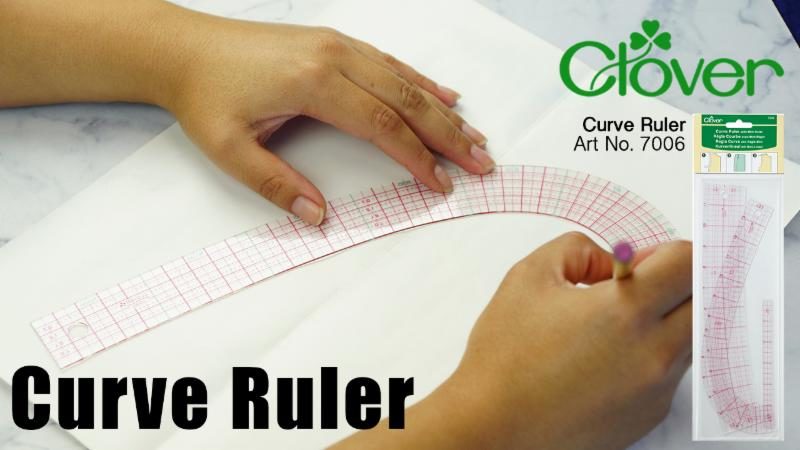What is it? -All right, we’ve decided to do a little fashion sewing. Cool. We’ve visited our local shop and poured over the pattern catalogs or perhaps searched favorite sites on the internet. In either case we’ve found a pattern that’s just what we’re looking for. We’ve reviewed the instructions on the back of the pattern envelope and acquired all of the required notions as well as the correct yardage of that killer fabric that will really make our project pop. Keep in mind we’ll also want to make it something that we’ll really enjoy wearing. Something both fashionable and comfortable. So where do we start? We start with the pattern. Right out of the envelope it’s nothing more that large sheets of tightly folded pattern paper. We loosely cut the major sections apart to make them easy to manipulate and maybe even iron them to smooth away all of the folds (remember, no steam). Now we can easily identify the pattern lines and instructions. Chances are we purchased a pattern that suits several sizes. We’ll need to locate the size we need on the pattern and then precisely cut along those indicated lines to remove that section from the larger sheet of pattern paper. It’s important to realize though, that the pattern indicates general sizes that fit the average proportions for each size. But the truth is, no one is average. What that means to us is that while overall we might be a “medium”, some parts of us might be a little “extra-medium” while other parts of us might be more of a “slim-medium”. Okay, so how do we make those adjustments, the ones that will make our project look great and really fit well so we feel like a million bucks? It’s easy enough to make those measurements and mark them on our pattern. But how do we connect the dots? Let’s take it a step further. What if we want to change the neck line? How about arm holes? Perhaps we need to adjust a hip line or the hem line. How can we modify our pattern to satisfy our own personal measurements or perhaps enable our own creative design inclinations? Drum roll here please… And the answer is Clover Curve Ruler with Mini Ruler.
What does it do? –Whether modifying a pattern or designing a completely new pattern, two things are essential. Aesthetics and function. It has to look good and it has to feel good. It’s easy to insert our own measurements onto a pattern or to sketch out an original. The trick is to gracefully connect the dots or smoothen our sketch marks to achieve our creative intent in an acceptable way. In short we need a guide. Clover has produced three, the French Curve, the Hip Curve and the Mini Ruler.
French Curve – The French Curve is probably the most important curved ruler used for fashion design. A sweeping long curve is accentuated by accelerating angles at one end producing a very tight circular curve guide. The result is an infinite set of curves that can be used to connect any of our dots with a smooth, graceful line. Clover’s French curve is also conveniently marked to allow measurement of both lengths and seam allowances.

Hip Curve – The hip line, hem line, side seams and other similar adjustments all require smooth, consistent sweeping curves. Clover’s Hip Curve is ideally suited for this application. A long sweeping curve tool marked with measurements for both length and seam allowances, this is the “go to” tool for those fine adjustments that will make the fit of our garment just perfect.

Mini Ruler – Think of how often we need to check a measurement or a seam allowance. Just to be sure before we make it permanent. Sometimes our garment is even on our sewing machine and under the needle. But we just need a quick check to avoid having to use the seam ripper later. Clover’s Mini Ruler is the perfect tool. It’s small size, 1X6″, makes it easy to manipulate. Marked in both inches for length and fractions of an inch for seam allowances, it is accurate and easy to read for those quick measurements.

How do I share it? -Clover’s Curve Ruler and Mini Ruler is a set of rulers complete with a French Curve, Hip Curve and Mini Ruler. But you don’t sell them. You sell the creative fashion experience. And these tools are perfect for fashion design. Offer a garment construction class where the students can use them to make a simple project. Once they experience the ease and the creative potential of the process enabled by these curves, they’ll fill in all the remaining blanks themselves, envisioning further, more complex, more personally motivated projects. Enthused students are your best advertising. Word will spread and you’ll have fashion sewing fans for life.
Visit www.clover-usa.com to
download free project sheets

